Delune's pure essential oils are highly concentrated plant extracts that have been cherished for centuries for their therapeutic properties. These oils can have a significant impact on both physical and emotional well-being. In this article, we will focus on Delune's pure essential oils and provide essential information on how to use them safely, including dosage, dilution, and other important considerations.
Quality Matters: Choose Delune Pure Essential Oils
The first step in using essential oils safely is to choose high-quality, pure oils like those offered by Delune. Delune's essential oils are 100% pure, organic, and obtained through steam distillation or cold pressing. By selecting Delune, you can trust that you are using essential oils free of synthetic additives, adulterants, or contaminants, as we provide clear information on the source, extraction method, and testing of our products.
Dosage: Start Small and Follow Recommendations
As Delune's essential oils are highly concentrated, it is crucial to follow the recommended dosage guidelines. For most applications, a few drops will suffice. When using Delune's essential oils for the first time, start with a lower dosage and gradually increase it as needed, always observing your body's response.
When in doubt, consult an aromatherapist or another qualified professional to determine the appropriate dosage for your specific needs and concerns.
Dilution: Essential for Safe Application
Most essential oils, including Delune's, need to be diluted before applying them to the skin. This reduces the risk of irritation and sensitization. Carrier oils such as jojoba, sweet almond, or coconut oil are commonly used for dilution purposes. The general guideline for dilution is to mix 1-2 drops of Delune's essential oil per teaspoon (5 mL) of carrier oil for adults. For children, pregnant women, and individuals with sensitive skin, the dilution should be even lower.
Here are some common dilution ratios:
- 1% dilution: 1 drop of essential oil per teaspoon (5 mL) of carrier oil
- 2% dilution: 2 drops of essential oil per teaspoon (5 mL) of carrier oil
- 3% dilution: 3 drops of essential oil per teaspoon (5 mL) of carrier oil
Remember that certain essential oils, like cinnamon or clove, may require a lower dilution due to their potency and potential for skin irritation.
Patch Test: Check for Allergies and Sensitivities
Before using a new Delune essential oil, perform a patch test to ensure you do not have an adverse reaction. To do this, dilute the essential oil according to the guidelines above and apply a small amount to the inside of your forearm or another sensitive area. Wait 24 hours to observe if any redness, itching, or irritation occurs. If you experience any adverse reaction, discontinue use and consult a professional.
Safe Inhalation: Use a Diffuser or Steam Inhalation
Inhalation is one of the safest ways to enjoy the benefits of Delune's essential oils. You can use a diffuser or a steam inhalation method to disperse the oils in the air. When using a diffuser, follow the manufacturer's instructions for the recommended amount of Delune's essential oil and water. For steam inhalation, add 3-5 drops of Delune's essential oil to a bowl of hot water, cover your head with a towel, and breathe in the steam for a few minutes.
Internal Use: Proceed with Caution and Expert Guidance
Internal use of essential oils is a controversial subject and should only be done under the guidance of a qualified professional. Many essential oils can be toxic if ingested, so it is crucial to follow the advice of a certified aromatherapist or healthcare provider if you choose to take this route. We recommend to never consume essential oils without proper guidance, and always adhere to the recommended dosage.
Keep Essential Oils Away from Children and Pets
Children and pets are more sensitive to the effects of essential oils, and exposure can lead to serious health issues. Store your essential oils in a secure, out-of-reach location to prevent accidental ingestion or exposure. When using essential oils around children, opt for child-safe oils and always follow proper dilution guidelines. Be cautious with pets as well, as some essential oils can be toxic to animals. Consult a veterinarian before using essential oils on or around your pets.
Photosensitivity: Be Aware of Sun Exposure
Some essential oils, especially citrus oils like bergamot, lemon, and lime, can cause photosensitivity. This means that they can increase the skin's sensitivity to sunlight and potentially lead to sunburn, skin irritation, or discoloration. If you use photosensitive essential oils topically, avoid direct sunlight or UV exposure for at least 12-24 hours after application.
Pregnant and Nursing Women: Exercise Extra Caution
Pregnant and nursing women should be especially cautious when using essential oils. Some oils, like clary sage and rosemary, should be avoided during pregnancy due to their potential to stimulate uterine contractions or adversely affect the developing fetus. Consult with a healthcare professional or certified aromatherapist before using essential oils during pregnancy or while nursing.
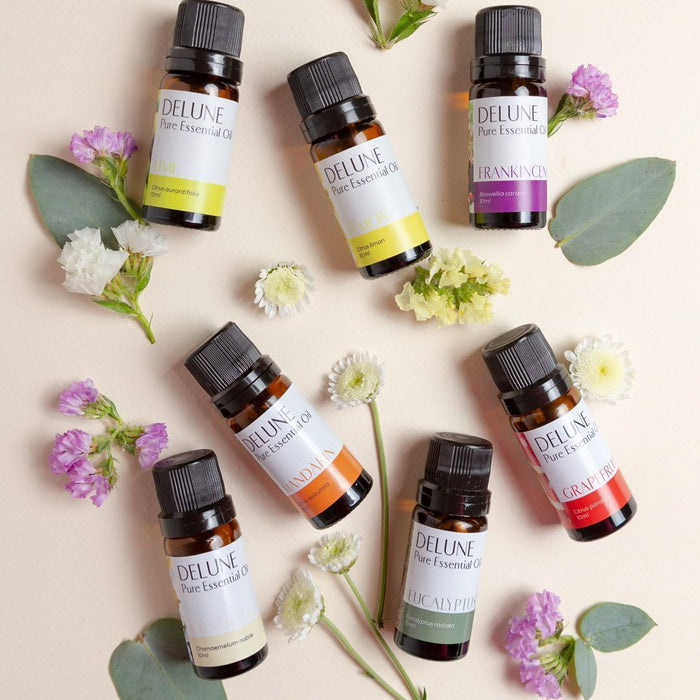


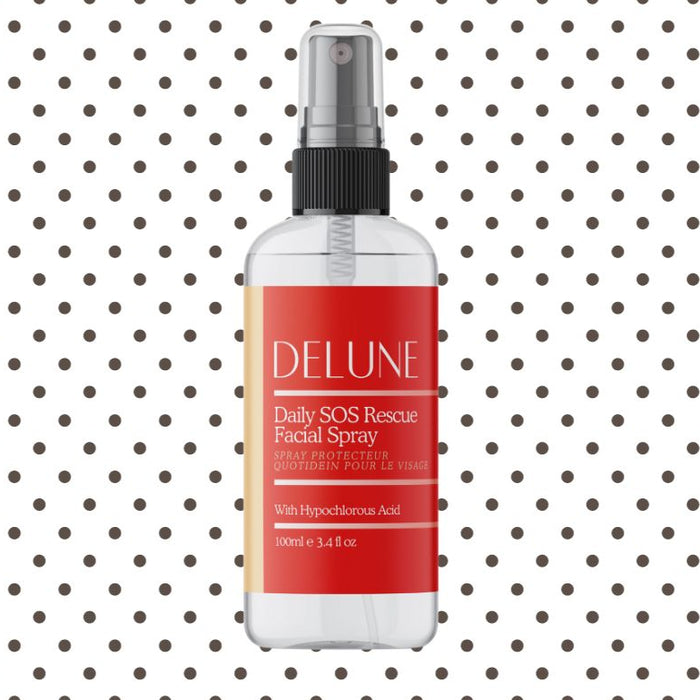


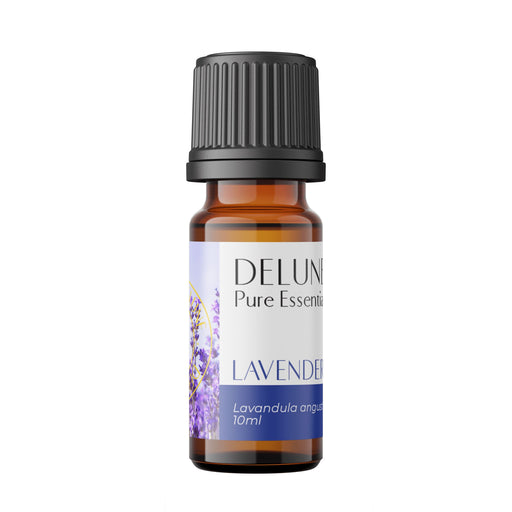

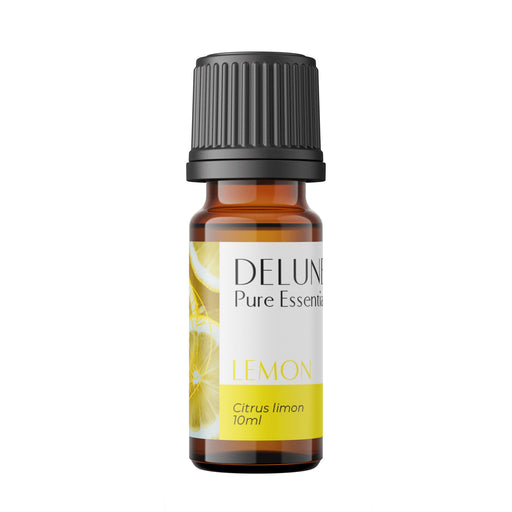
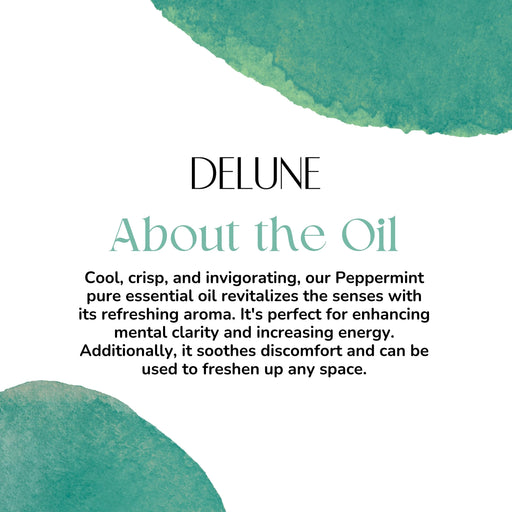
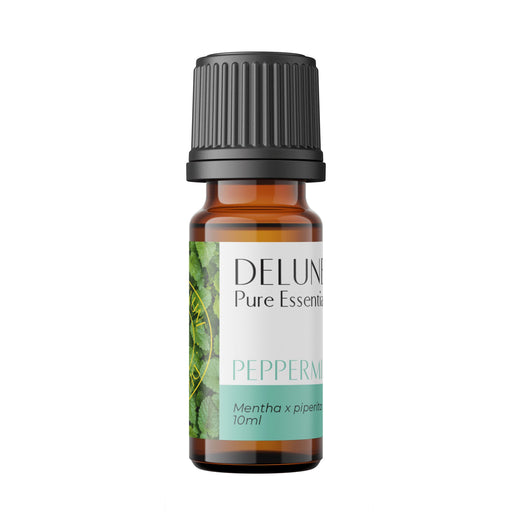

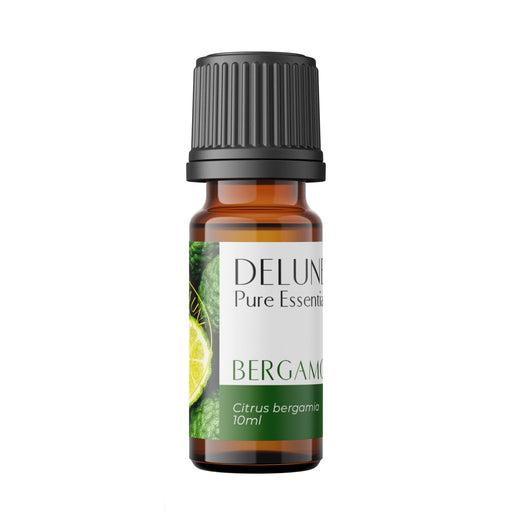

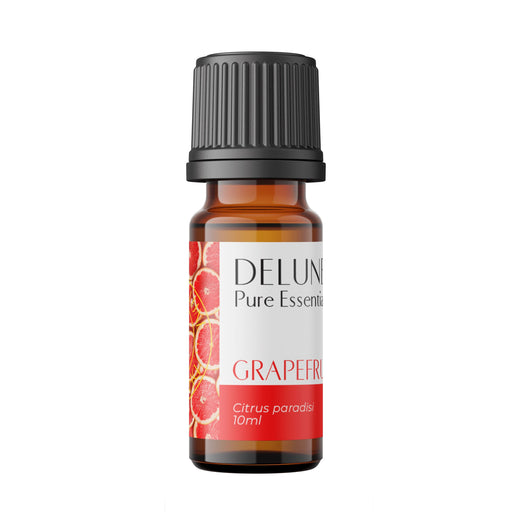

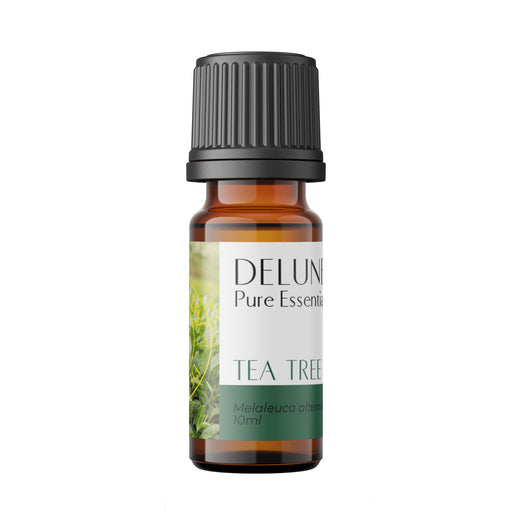

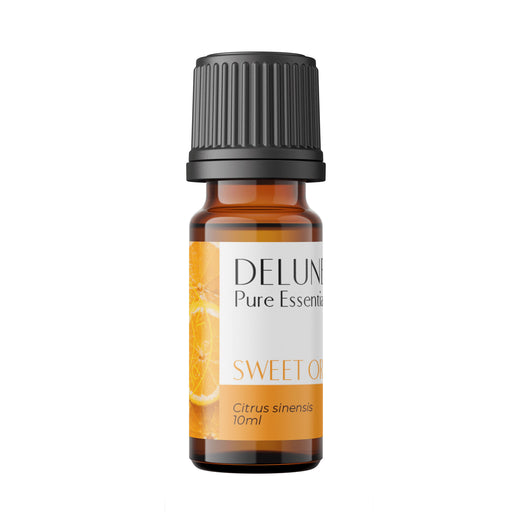
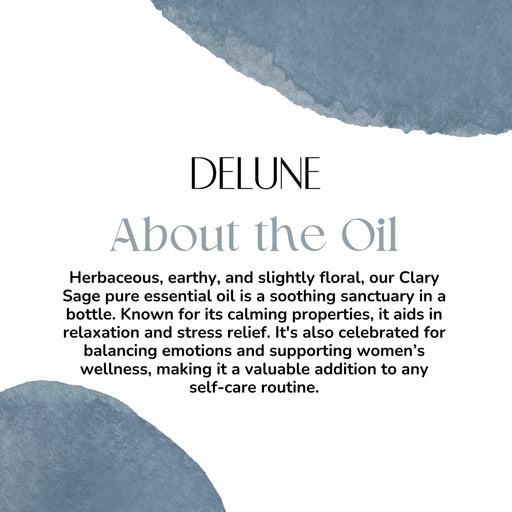
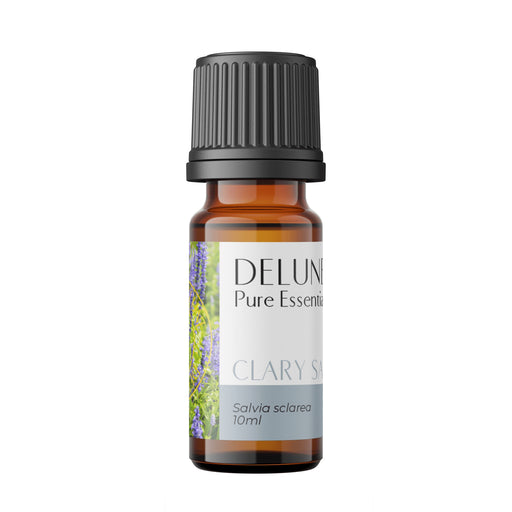

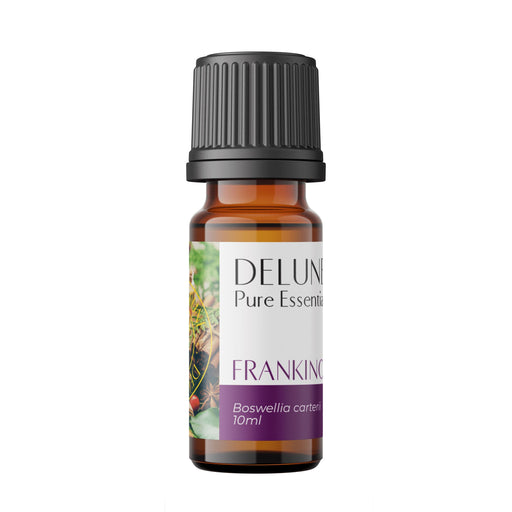

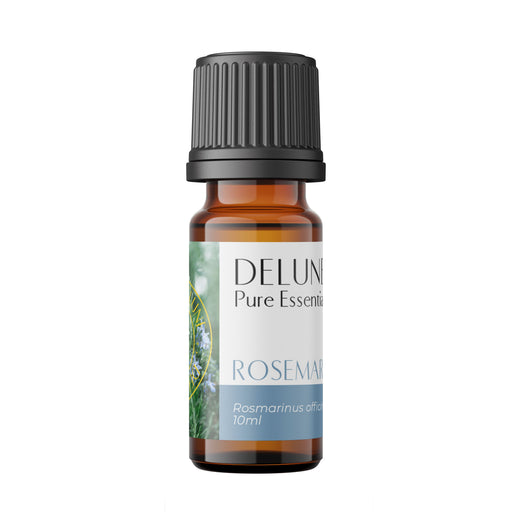
Leave a comment